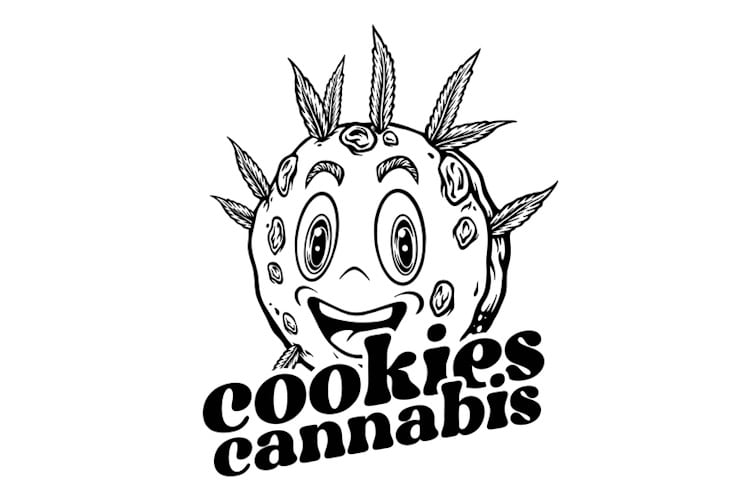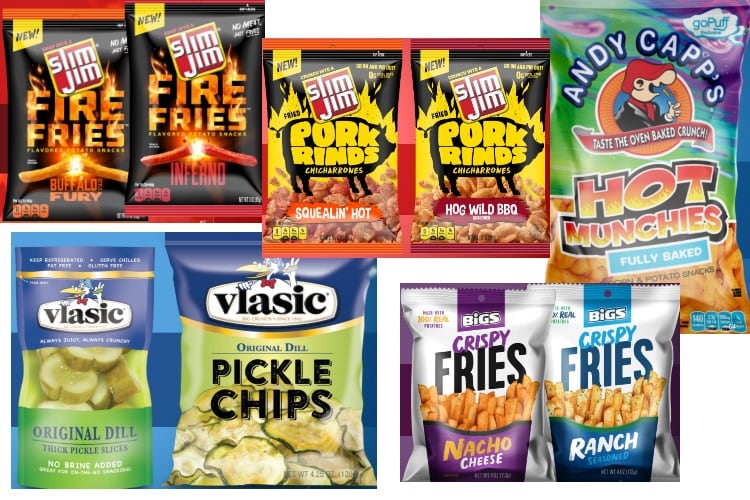In a bold marketing pivot, Smucker’s is sending a Munchie Mobile on a tour of the East Coast of the US to promote Hostess brands like Twinkies, Ding Dongs and Donettes: all in the name of celebrating snack cravings.
The campaign is a clear departure from Hostess’ family-friendly advertising heritage, which once relied on characters like Twinkie the Kid and leaned heavily on lunchbox nostalgia.
Instead, Smucker’s is embracing ‘munchies’ head-on and actively aligning the Hostess brand with the playful, irreverent spirit of modern cannabis culture.
“Hostess maybe wasn’t quite as relevant or had gotten a little tired from a brand standpoint,” Smucker’s chief marketing officer Gail Hollander told the Wall Street Journal, adding Twinkie the Kid is just ‘taking a siesta’.
From brownie jokes to billion-dollar market
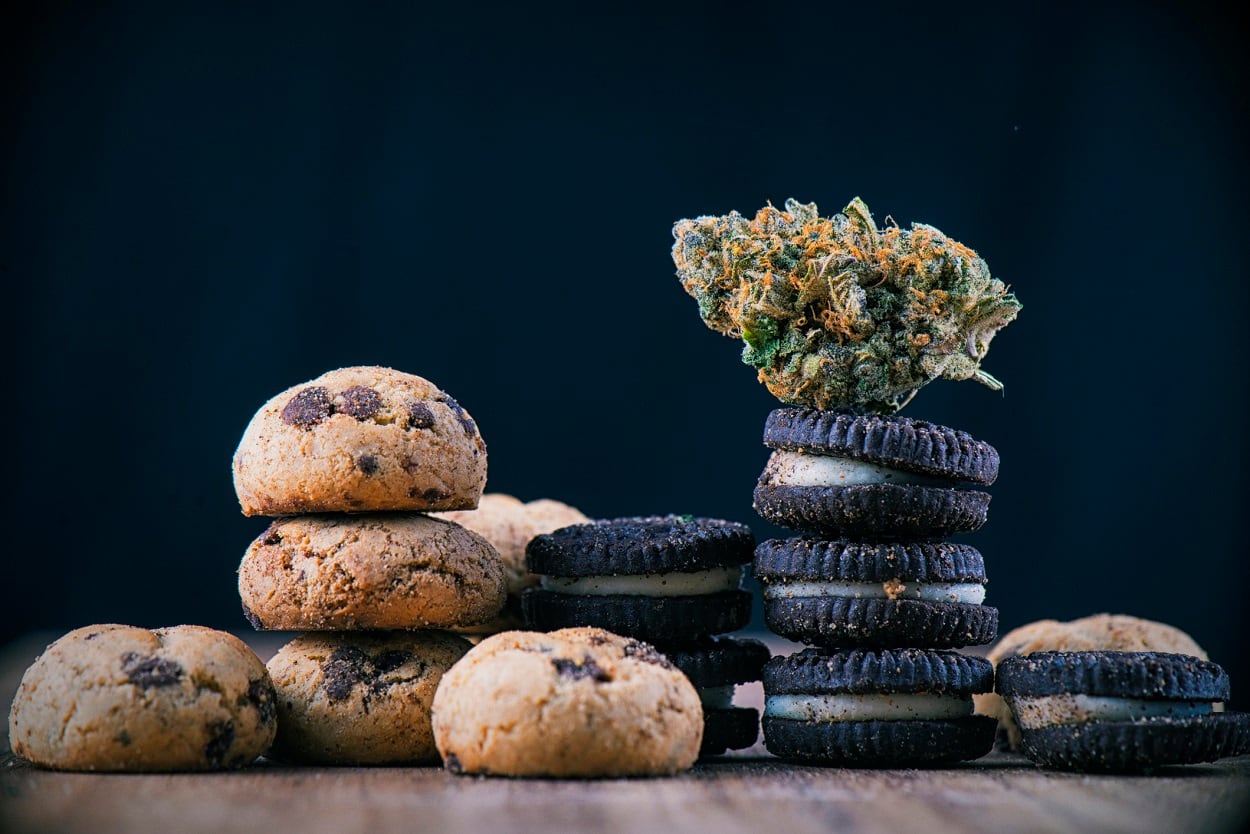
Smucker’s pivot comes as the cannabis-infused snacks sector has emerged as a multi-billion-dollar global market. Edibles are the fastest-growing segment of the legal cannabis industry, with the global cannabis-infused snack market (THC and CBD combined) projected to reach $54 billion by 2034, growing at a 15-16% CAGR. The US alone currently accounts for over 85% of the global market, with THC gummies, cookies and baked goods consistently leading the charge.
This category isn’t just about ‘getting high’. It’s about convenience, novelty and wellness, with consumers seeking smoke-free, flavourful ways to microdose or relax.
For Smucker’s, a company with deep roots in family food staples - from Jif peanut butter to Uncrustables PB&J sandwiches - leaning into stoner culture might seem surprising. But it may be the smartest way to reclaim relevance and capture a new snacking cohort.
The rise of the cannabis snacker

Today’s cannabis consumers are more diverse than ever: younger adults, moms, professionals and even Boomers. What unites them is a desire for discreet, functional indulgence. They’re seeking products that fit their mood, whether it’s winding down with an infused brownie, staying focused with low-dose mints or enjoying a sweet buzz during a Netflix binge.
The pandemic accelerated snack consumption across demographics, but as mainstream snack makers (from General Mills to Mondelez, Campbell’s and PepsiCo) begin to feel pressure from weight-loss drugs and shifting eating habits, cannabis culture is providing a lifeline - snacking with purpose.
That’s where Hostess - and specifically Smucker’s repositioning - comes in. The new campaign capitalises on a mood, not a dosage. While Twinkies aren’t infused with THC, the nod to stoner culture is unmistakable. Smucker is signalling: we know what you want when the munchies hit … and we’re parked outside.
Munchie marketing
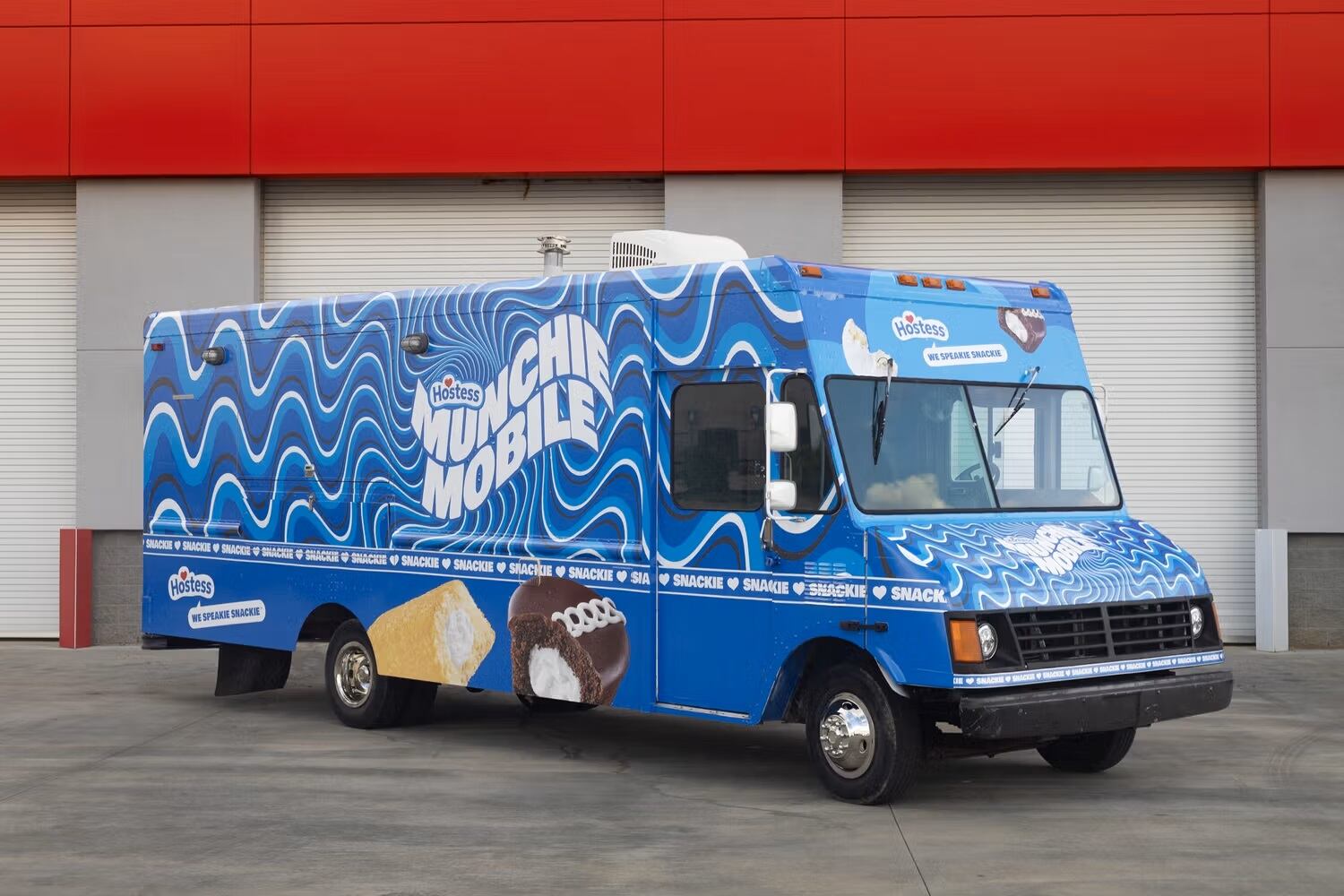
The Munchie Mobile’s cheeky campaign – complete with bold lettering, irreverent slogans and giveaways of free snack cakes for anyone who recites “Bet you dollars to Donettes I have the munchies” - is more than a PR stunt. It’s a case study in how legacy brands can adapt to evolving consumer psychographics. Smucker’s is targeting impulse-driven snackers with geo-targeted digital ads timed to post-lunch and post-dinner cravings, mobile campaigns near convenience stores and eye-catching packaging that feels more at home at Coachella than in a school cafeteria.
The goal isn’t about dominating the stoner market, Hollander told WSJ; it’s about capturing attention and social currency during cultural moments like 4/20.
What makes the cannabis consumer valuable isn’t just their appetite for ‘munchies’, but also their brand loyalty and openness to novelty. According to cannabis analytics firm BDSA, over 70% of buyers prefer gummies, cookies and chocolate bars, and are more likely than average consumers to try new flavours, buy in bulk and snack outside of traditional dayparts.
While the Munchie Mobile isn’t serving THC-infused Twinkies, Hostess’ bundle of treats resembles the stoner’s dream pantry. Twinkies, Cupcakes, Ho Hos, Ding Dongs and Donettes hit the sweet spot – they’re affordable, nostalgic and intensely indulgent – and are well-suited for convenience retail, where impulse buys still dominate.
Hostess isn’t the only brand cozying up to cannabis culture: big-name CPGs and fast-food chains are increasingly tapping 4/20 as a marketing moment.
PepsiCo’s Mtn Dew has long leaned into stoner appeal, while Ben & Jerry’s continues to drop cheeky nods to cannabis culture each April. This year, Jimmy John’s is offering a T.H.C. Box - a Toasted Hot Combo of sandwich, chips, pickle and dessert - in a special 4/20-themed package. Wingstop is rolling out its Hot Box combo with amped-up spicing to appeal to the snack-happy holiday crowd. Zig-Zag is making a splash with a joint-shaped billboard takeover in Times Square. And in the ultimate high-meets-high-society crossover, Snoop Dogg and Martha Stewart are co-hosting a cannabis-infused supper club in LA in partnership with BIC and Snoop’s new lifestyle platform, SWED.com.
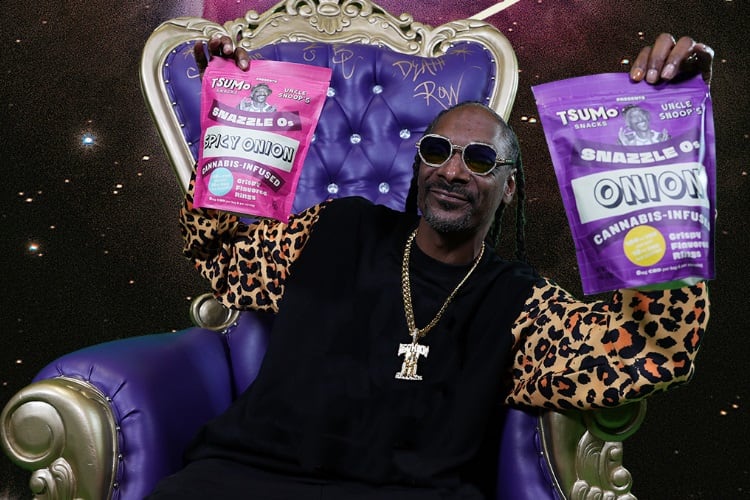
The line between traditional snacks and cannabis edibles is also narrowing fast. Several US edibles companies – such as Wyld, Kiva and Incredibles – are producing high-end infused baked goods that look and taste like mainstream snacks. In Canada, edibles represent over 20% of total cannabis sales, with gummies and cookies dominating. If munchies are the moment, brands are clearly hungry to cash in.
A brand reawakening or a risky high?
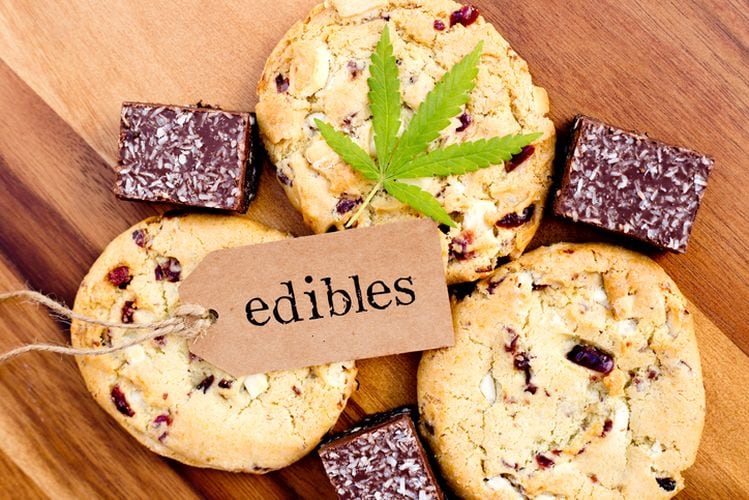
Not everyone is convinced. When Smucker’s acquired Hostess for $4.6 billion in 2023, shares dipped 8% and analysts questioned whether the snack boom of the pandemic could hold amid changing consumer behaviours and rising competition.
More recently, Smucker’s sweet baked snacks sales dropped 7% year-over-year, with declines in convenience store visits and lingering supply chain issues partly to blame. And Hostess itself isn’t new to turbulence, having filed for bankruptcy twice before being revitalised in the 2010s.
Yet, Smucker’s leadership seems undeterred. The company is leaning on product innovation, with mini formats, revived classics like Suzy Q’s (coming back this fall) and a revamped packaging aesthetic aimed at feeling ‘sleeker, cooler and snackier’. Smucker CEO Mark Smucker has admitted Hostess hasn’t performed as expected but emphasised that snacking remains central to modern eating habits.
The rise of the snackification trend reflects a major shift in eating habits, as consumers move away from the traditional three meals a day in favour of grazing throughout the day.
A smokin’ strategy?
Twinkies and Ding Dongs might never be health food, but in today’s culture of fluid identity, mood-based eating and cannabis normalisation, they don’t have to be. Smucker’s move to embrace the stoner snack scene is timely, targeted and refreshingly self-aware.
Whether it translates to meaningful growth remains to be seen, but in a crowded aisle of better-for-you and keto-certified competitors, sometimes what wins is a snack that simply says: “Yeah, I get you.”



